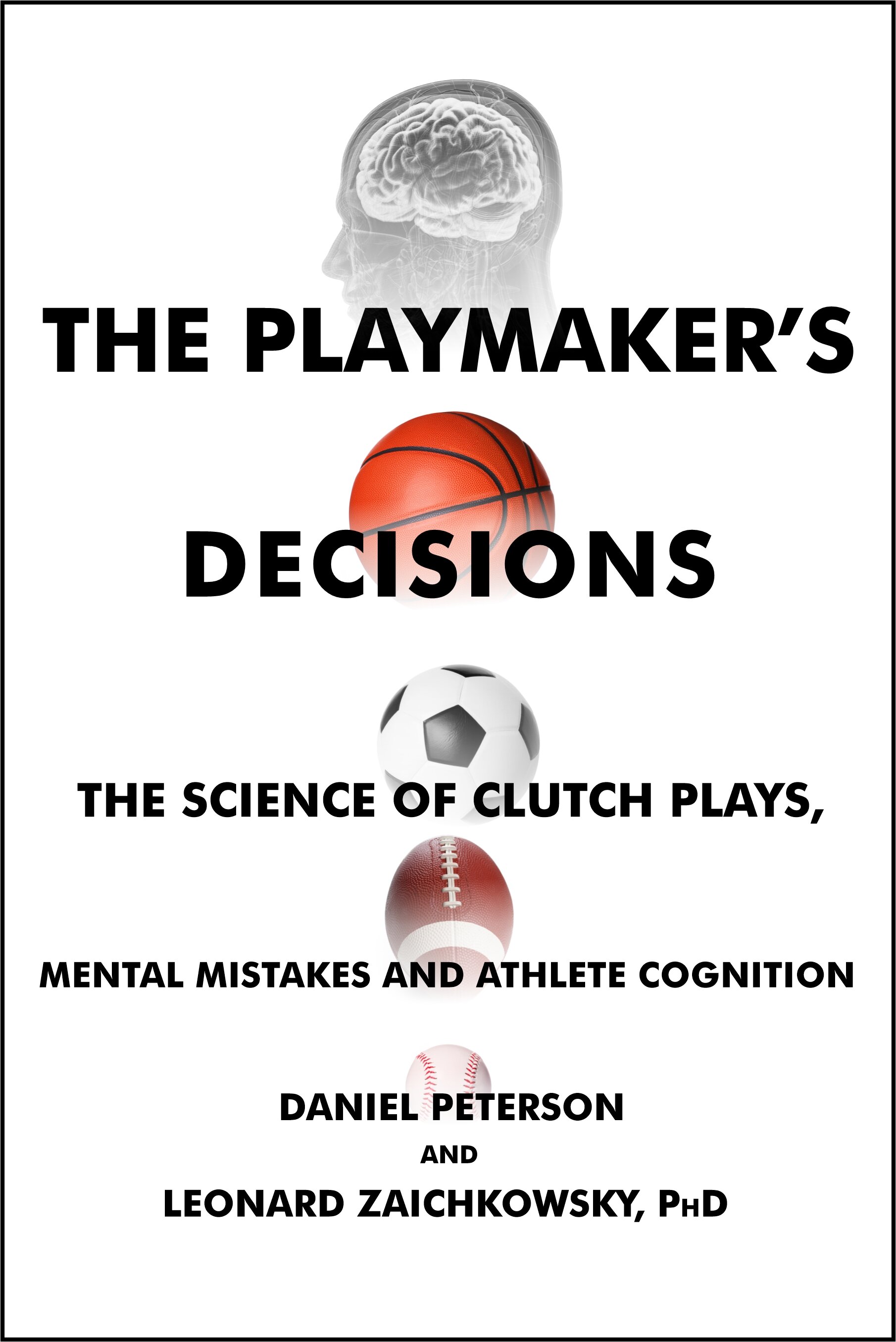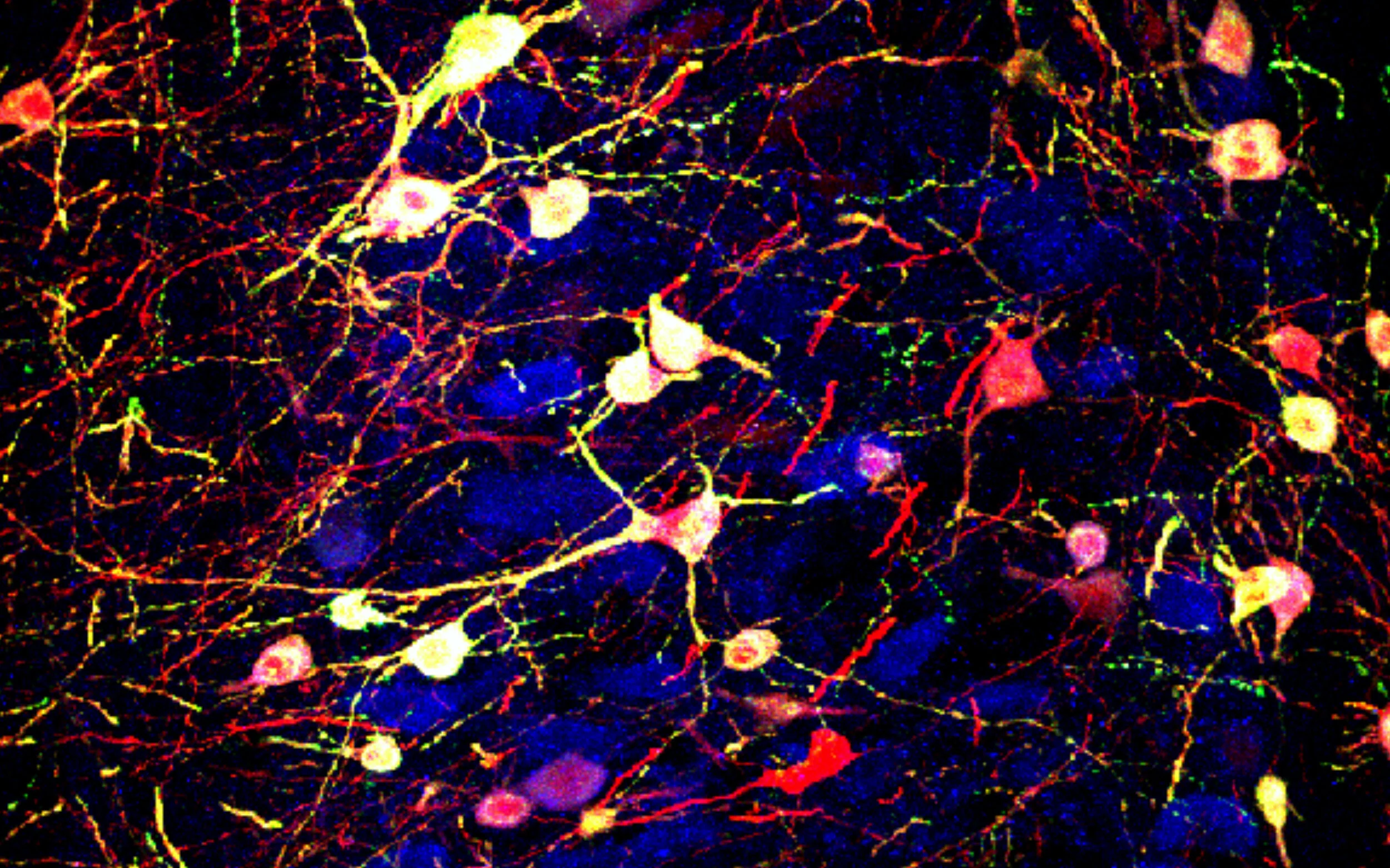Apolo Ohno Trains His Legs And His Mind For The NYC Marathon
/ Of the roughly 45,000 brave souls who will line up for the start of
the New York City Marathon in less than two weeks, there’s a good
chance that at least a few will have doubts of crossing the finish
line. They have put in the training miles, eaten the right foods and
picked out their playlist.
Of the roughly 45,000 brave souls who will line up for the start of
the New York City Marathon in less than two weeks, there’s a good
chance that at least a few will have doubts of crossing the finish
line. They have put in the training miles, eaten the right foods and
picked out their playlist. Yet, the biggest obstacle to a finisher’s medal is not their legs, but their brain. Like an overprotective mother, the brain not only runs the show but also decides when enough is enough. However, exercise science researchers now believe that it is possible to fool mother nature and tap into a reserve store of energy for better performance.
Somewhere in the New York masses on November 6th will be a short but determined first time marathoner who happens to have eight Olympic medals. Apolo Ohno, world champion speed skater, will be racing not only in an upright position but for a little longer than his usual 1500 meters. During his training, he has noticed the difference between the short thirty second repetitions on the ice and the long runs required for marathon endurance.
In a recent interview, he commented that after a 20 mile training run, “I was like a zombie. I couldn’t function. It was crazy. I was like, ‘What is wrong with me?’” One thing that all of his Olympic training has taught him is the power of the mind. Last week, he tweeted, “The MIND is the most undertrained asset of any athlete. It is the biggest difference between separating those who r GREAT or inconsistent.”
Matt Fitzgerald, long-time running columnist and author, agrees with Ohno. In his 2007 book Brain Training for Runners, he detailed the role of the brain in controlling our physical endurance. Traditionally, fatigue used to be considered a breakdown of biochemical balances with the build-up of lactic acid or depletion of glycogen for fuel. However, research in the 1980s showed that this breakdown did not always occur and that athletes were still able to push through at the end of a race even though they should have been physically exhausted.
Please join me at Axon Potential to read more...











